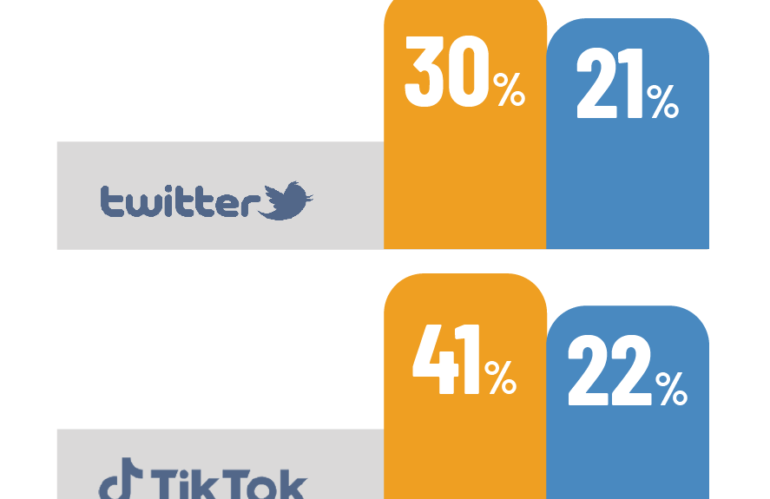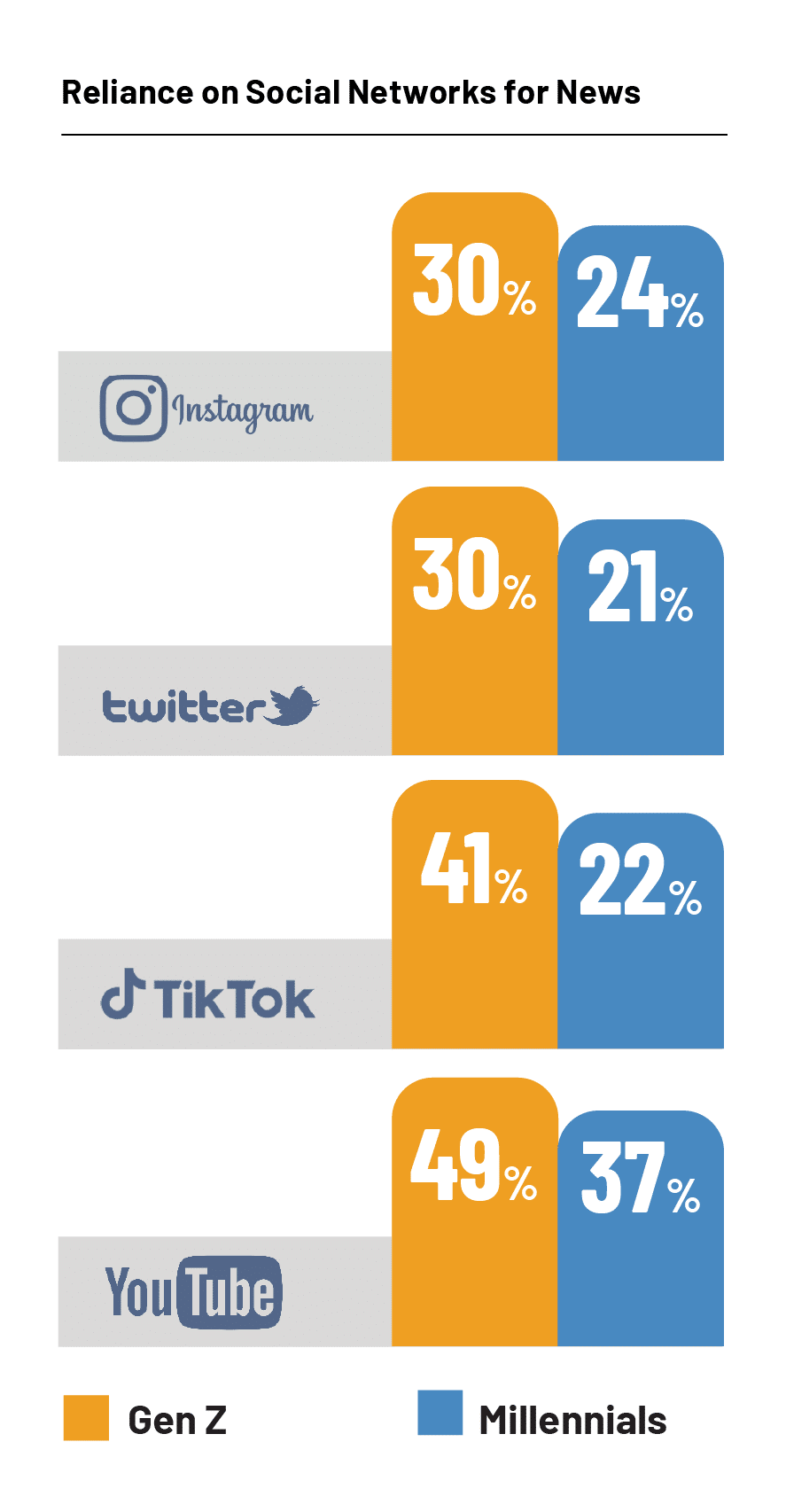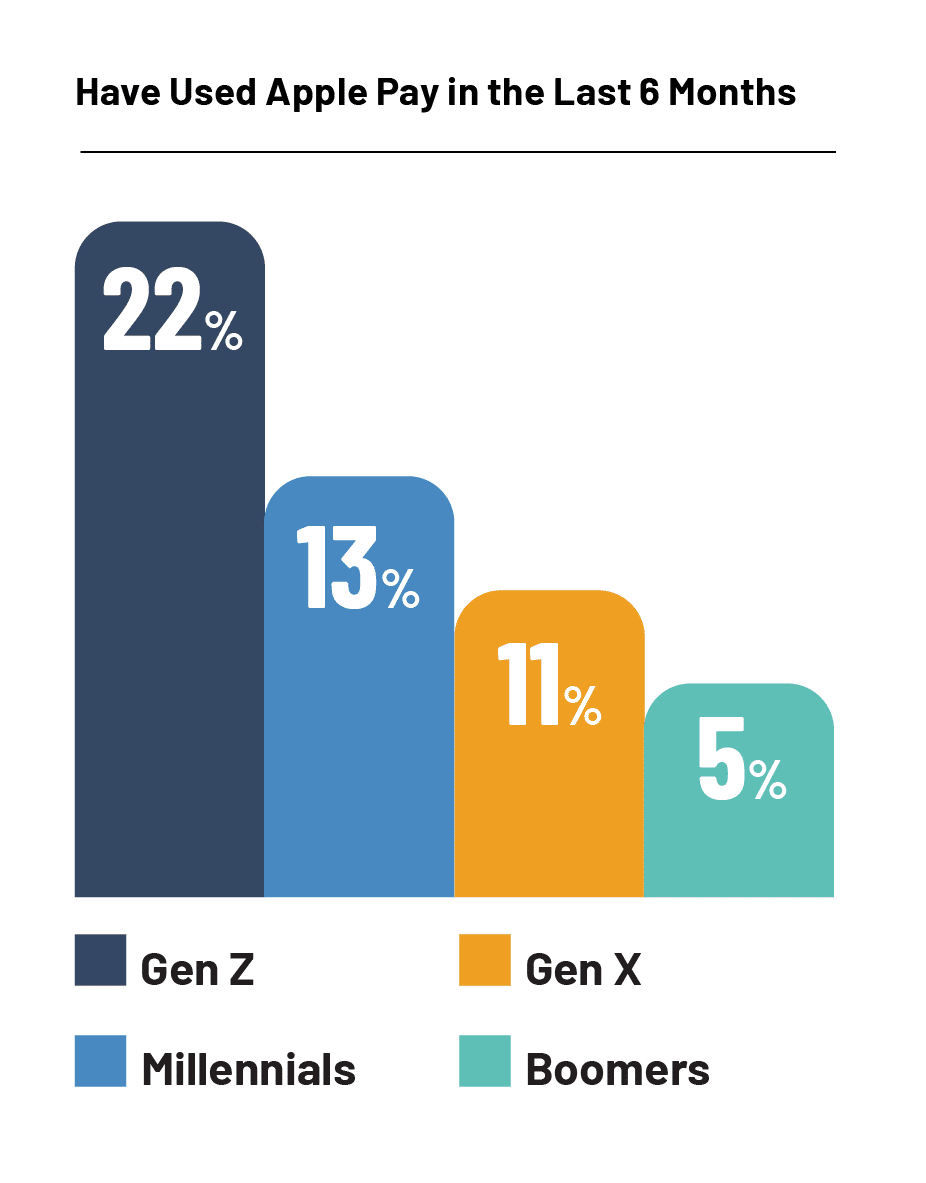Marketing to Gen Z can seem like a tough task. Even understanding Gen Z might seem like a tough task, let alone understanding how to win them over. But, the time to start thinking about how to connect with them is here.
Defined by Pew as individuals born between 1997 and 2012, individuals belonging to Gen Z are beginning to graduate college, enter the workforce, and have some spending power. And they’re radically different than generations that have come before them.
CM Group, of which Campaign Monitor is a part of, recently surveyed over 1,000 consumers across generations to better understand the coming-of-age generation and their motivations, behaviors, and preferences.
For the full report, make sure to head here! But for now, take a look at these five ways that Gen Z differs from Millenials when it comes to marketing.
1. Gen Z is more likely to listen to individuals, not brands
One of the most fundamental and important differences between Gen Z and millennials is that Gen Z is more likely to trust individuals than particular brands or media outlets.
“Individual voices are gaining prominence, and especially for younger generations, the idea of trust in media is shifting to voices even more than brands and media outlets,” says Kerry Twibell, a former media executive who has worked at MediaLink, Hearst, Conde Nast, Newsweek, and News Corp.
This has implications not just for how Gen Z consumes media, but also how they shop. According to the study, Gen Z is more likely to seek out the recommendations of online influencers they trust compared to prior generations.
So what does this mean from a marketing perspective? We’ve known the value of personal recommendations for a while now, but with Gen Z, it’s only going to be more important. And for brands small and large, a key part of their marketing strategies moving forward is going to be centered around being able to get real people to talk about your product.
So, how do you do this?
Three strategies for getting individuals to talk about your product
Collect reviews at every point possible. Whether it be by email, text, or simply asking in-person — collecting reviews for your company or individual products is going to be more and more important.
Incorporate user-generated content (UGC) into your marketing strategy. If people take pictures with your product and tag you in them on social media, don’t be shy from sharing it from your own account. Plus, if you can find ways to encourage people to post about your brand online — maybe with a giveaway or contest — it’ll only take your brand’s reach further.
Identify influencers in your industry and invite them in. Working with influencers may seem like a marketing tactic for big brands, but it’s totally attainable for brands and businesses of all sizes. We’re not saying you have to slide into Kim Kardashian’s DMs, but if you’re a local coffee shop, for example, we can practically guarantee there’s someone in your town who has an account dedicated to trying local restaurants and coffee shops. Reach out to them and build a relationship, and you could very well win over an influential voice in your area.
2. Gen Z craves authentic, in-person experiences
With the rise of remote work and the dawn of the metaverse, there’s been a lot of talk about how future generations are going to be less personally connected and more digitally connected than ever. It turns out, though, that Gen Z isn’t necessarily on board with that trend.
Just because Gen Z has grown up with more access to technology than any other generation doesn’t mean they’re more obsessed or enthusiastic about it than millennials are. They’re more aware of the dangers of bad technology habits, and they aren’t afraid to ditch technology for a better experience “IRL.”
At the same time though, they are very digitally active, relying on social media for everything from connecting with friends to consuming news.
Gen Z is more likely to get their news from social media than millennials.
So what does this blend of tech-savvy and in-person preference mean? As marketers, it’s important to make use of both.
“Brick-and-mortar spaces, as well as pop-up initiatives, aren’t sales drivers anymore. They’re media moments,” says Monica Deretich, former VP of Marketing at TechStyle Fashion Group and proven leader specializing in strategic data-driven marketing centered around customer experience.
What does this blend look like? It’s going to vary widely based on your brand and your budget, but brands and businesses that can create an in-person experience that’s also socially shareable are the ones that will take advantage.
3. Gen Z demands supply chain ease and transparency
Gen Z’s brand loyalty hinges on transparency and consistency across the full brand journey — right up to the point where a product arrives on their doorstep. This means that they demand speedy, flexible, and predictable shipping options.
For marketers, this means thinking less about customer experience and messaging as separate entities.
“Marketers today need to look beyond messaging,” says Monica Deretich, a retail industry advisor. “When you own customer experience, considerations well beyond marketing matter deeply to your success—including automated fulfillment, cloud-based logistics technology, predictive planning, inventory visibility, and next-day, same-day, or even same-hour fulfillment solutions.”
Gen Z is more than willing to abandon their carts if shipping ease and convenience aren’t there. The same goes for payment systems. Brands that offer contactless payment and buy-now-pay-later options are the ones that will connect with Gen Z the most.
Gen Z is more likely than previous generations to adopt alternative payment options like Apple Pay.
4. Gen Z is more willing to part with their personal information
We wrote earlier about Gen Z’s technology habits and their awareness of the downside of too much technology. Knowing that, you might think Gen Z would be more protective over their personal information. But, according to the study, Gen Z actually ranks their privacy as less important to them than previous generations. On top of that, Gen Z is also less likely to object to companies having their personal data. It’s an interesting combination, and one with plenty of opportunities.
Gen Z is more willing to part with their personal data if it means a more personal customer experience, and this is a huge opportunity for marketers. By asking for information — whether it be from a signup form online or during a purchase in-store — marketers have the chance to create more personalized customer experiences.
Whether it be through segmented emails, or an SMS campaign, Gen Z’s willingness to engage with brands this way is a big plus for marketers who are willing to meet them there.
5. Gen Z doesn’t just prefer sustainable choices, they demand them
Millennials are more eco-conscious than the generations that came before then, and really started to swing the pendulum by showing a preference for sustainably produced products. But, whereas millennials might simply prefer that a product be sustainably produced, Gen Z demands it.
Gen Z is less optimistic about climate change than Millennials are, and this is very likely to influence their purchasing decisions. “Sustainability and related topics represent an important way to connect and build authentic relationships with consumers outside of the usual promotional communications,” says Laura Carrier, a seasoned retail and technology consultant who has worked within retail brands including Saks Fifth Avenue and Macy’s, as well as at digital marketing firm, MediaMath.
This means that businesses need to start thinking about ways to make their operations more sustainable, and making sure they actively communicate those things to their customers.
Preparing for a new type of consumer
The time to start preparing for Gen Z is already here. As more and more of Gen Z starts graduating and entering the workforce, their spending power will continue to grow, and it’s important that marketers grow with them.
Luckily, marketing technology is also evolving, and creating these kinds of personal brand experiences that Gen Z demands isn’t just for the big brands anymore — it’s attainable for just about everyone.
Curious to give Campaign Monitor’s personalization, segmentation, and automation features a try? Sign up for free!
The post Five Ways Gen Z Differs from Millennials When it Comes to Marketing appeared first on Campaign Monitor.
Read more: campaignmonitor.com


